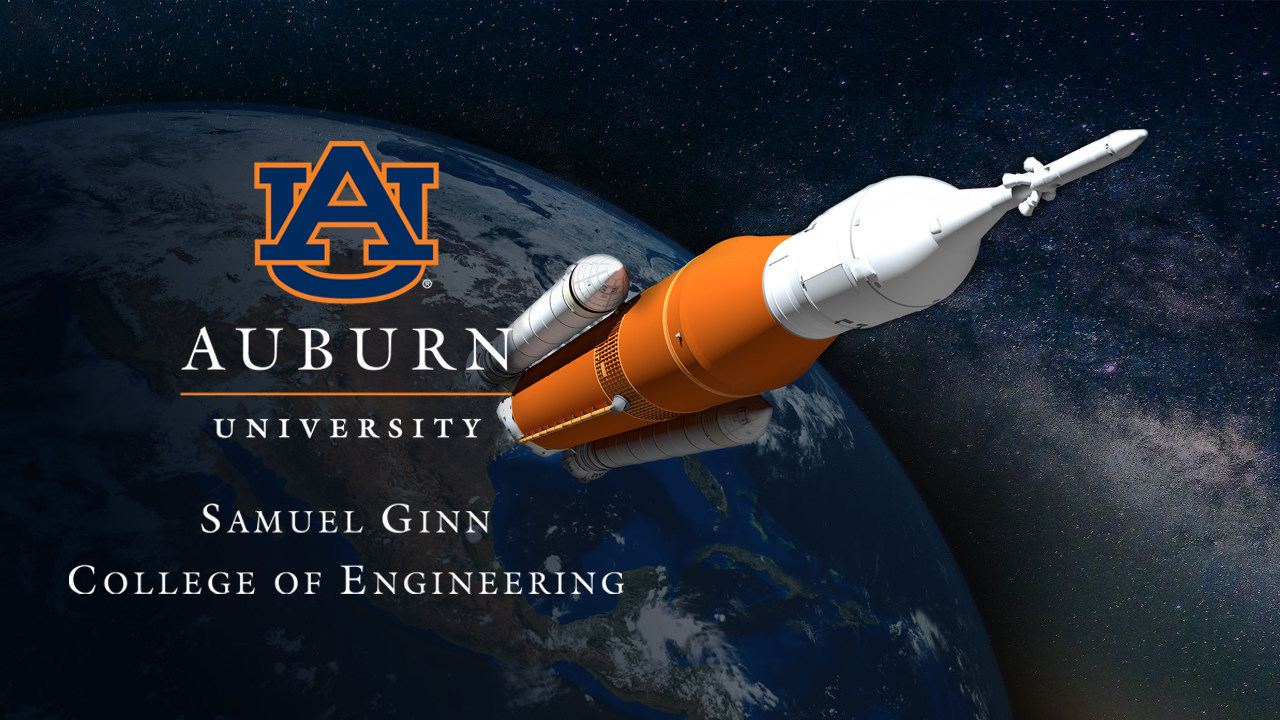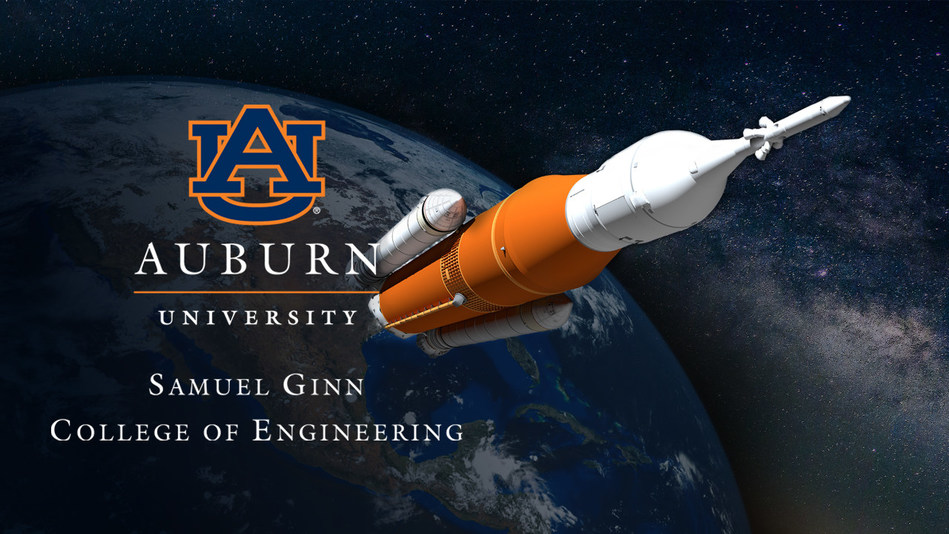NASA awards $5.2 million contract to Auburn University’s National Center for Additive Manufacturing Excellence

AUBURN, Ala., April 1, 2019 /PRNewswire/ — Auburn University’s Samuel Ginn College of Engineering today announced that NASA has awarded a $5.2 million contract to its National Center for Additive Manufacturing Excellence, or NCAME, to develop additive manufacturing processes and techniques for improving the performance of liquid rocket engines. The three-year contract is the latest expansion of a longstanding public-private partnership between Auburn and NASA’s Marshall Space Flight Center.

“For decades, Auburn engineers have been instrumental in helping the U.S. achieve its space exploration goals,” said Christopher B. Roberts, dean of Auburn’s Samuel Ginn College of Engineering. “This new collaboration between NASA and our additive manufacturing researchers will play a major role in developing advanced rocket engines that will drive long-duration spaceflight, helping our nation achieve its bold vision for the future of space exploration.”
The research and development covered under the new contract is part of NASA’s Rapid Analysis and Manufacturing Propulsion Technology, or RAMPT, project, which focuses on evolving light-weight, large-scale novel and additive manufacturing techniques for the development and manufacturing of regeneratively cooled thrust chamber assemblies for liquid rocket engines.
“This partnership with Auburn University and industry will help develop improvements for liquid rocket engines, as well as contribute to commercial opportunities,” said Paul McConnaughey, deputy director of Marshall Space Flight Center. “The technologies developed by this team will be made available widely to the private sector, offering more companies the opportunity to use these advanced manufacturing techniques.”
NCAME will support the RAMPT project in creating a domestic supply chain and developing specialized manufacturing technology vendors to be utilized by all government agencies, academic institutions and commercial space companies. The announcement was made at the biannual four-day meeting of ASTM International’s Committee on Additive Manufacturing Technologies (F42) hosted by Auburn University at the Auburn Marriott Opelika Resort & Spa at Grand National in Opelika, Alabama.
Auburn University and NASA established NCAME in 2017 to improve the performance of parts that are created using additive manufacturing, share research results with industry and government collaborators and respond to workforce development needs in the additive manufacturing industry. The center is also one of the founding partners of the newly established ASTM International Additive Manufacturing Center of Excellence at Auburn.
Leading Auburn’s team as principal investigator for the RAMPT project is Nima Shamsaei, NCAME director. Serving as project manager is Mike Ogles, director of NASA programs in the Samuel Ginn College of Engineering.
“This contract is a giant leap towards making Alabama the ‘go to state’ for additive manufacturing,” Ogles said. “We look forward to growing our partnership with NASA, industry and academia as we support the development of our nation’s next rocket engines.”
The National Center for Additive Manufacturing Excellence (NCAME), which was formed in 2017 through a partnership between Auburn University and NASA, currently collaborates with over 70 industry, government, academic and non-profit organizations. NCAME conducts research in fundamental and applied areas of immediate importance to industry and standardization communities and it aims to properly educate the next wave of additive manufacturing specialists, technicians, end-users and researchers. In 2018, NCAME became a founding partner of the ASTM International Center of Excellence on Additive Manufacturing with other partners of ASTM International, EWI, UK-based Manufacturing Technology Centre, National Institute for Aviation Research and the Singapore-based National Additive Manufacturing Innovation Cluster. This ASTM Center of Excellence brings together industry, government and academia to optimize the additive manufacturing R&D, workforce development and standards development processes.
Auburn University is a nationally ranked land grant institution recognized for its commitment to world-class scholarship, interdisciplinary research with an elite, top-tier Carnegie R1 classification and an undergraduate education experience second to none. Auburn is home to more than 30,000 students, and its faculty and research partners collaborate to develop and deliver meaningful scholarship, science and technology-based advancements that meet pressing regional, national and global needs. Auburn’s commitment to active student engagement, professional success and public/private partnership drives a growing reputation for outreach and extension that delivers broad economic, health and societal impact. Auburn’s mission to educate, discover and collaborate drives its expanding impact on the world.
SOURCE Auburn University





